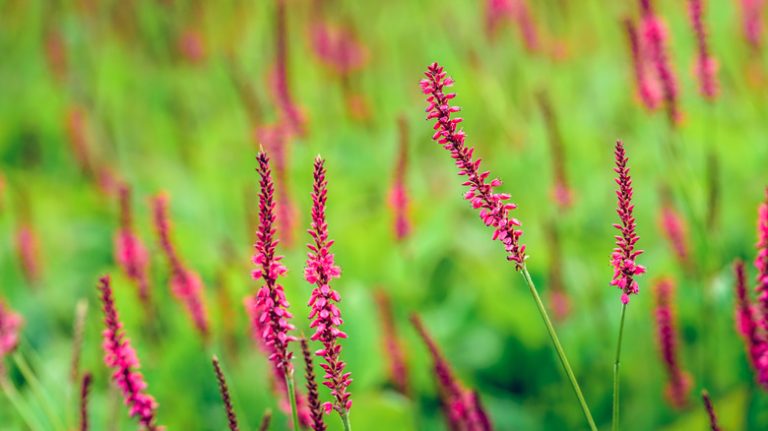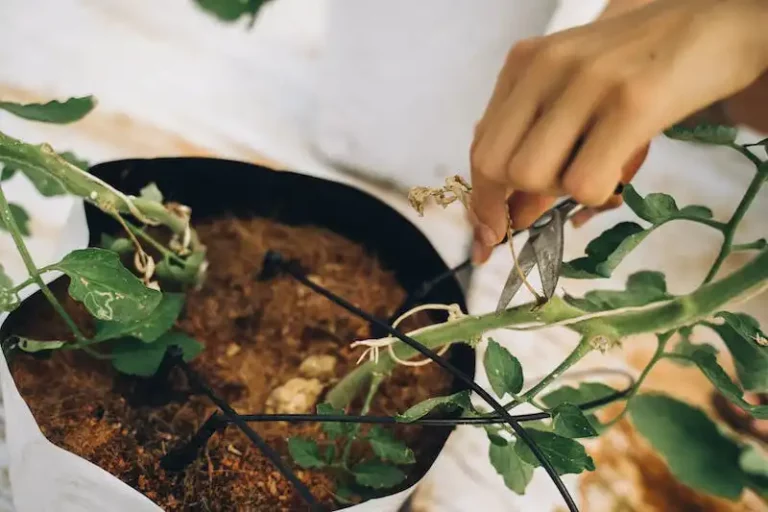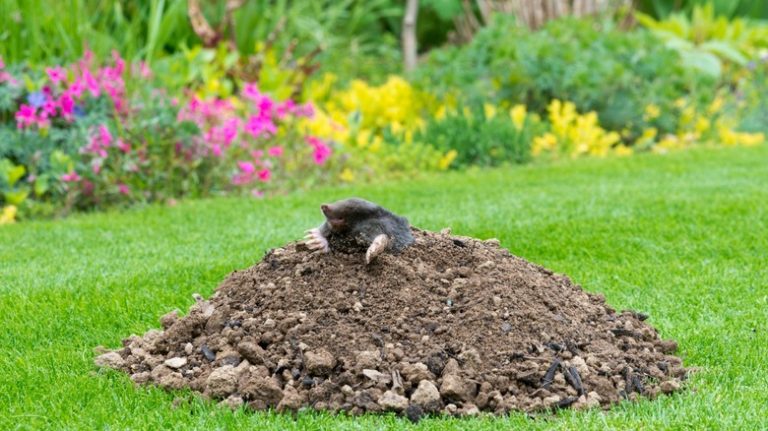Watering orchids is very important for their growth and health. Orchids are unique plants that require specific care, and one of the most crucial aspects is watering. The method and frequency of watering depend on the type of orchid, the environment it is grown in, and the specific needs of the plant.
One common method of watering orchids is the surface watering technique. This involves pouring water into the potting media until it reaches the brim of the pot, allowing it to soak through the roots and the potting mix. However, this method can sometimes lead to stagnant water and poor circulation, so it is not always the best approach.
Another popular method is the soak and drain technique. This involves completely submerging the pot in a bowl of water for about 15-30 minutes, allowing the potting media to thoroughly absorb moisture. After the soaking period, the excess water is drained out, ensuring that the orchids are not left sitting in water for too long.
Some orchid enthusiasts recommend using ice cubes to water orchids. This method involves placing a few ice cubes on the surface of the potting media, allowing them to gradually melt and provide moisture to the roots. It is important to note that this method should only be used in certain situations, as it may not provide enough water for the plant’s needs.
Knowing when and how to water your orchids is essential for their overall health. It is generally recommended to water them thoroughly, allowing the potting media to dry out slightly between waterings. Orchids should not be overwatered, as this can lead to root rot and other issues. It is best to water them early in the day, as this gives the leaves and roots time to dry before nightfall.
In conclusion, proper watering techniques are vital for the well-being of orchids. Whether you choose the surface watering, soak and drain, or ice cube method, it is important to ensure that your orchids receive the right amount of water for their specific needs. By following these guidelines, you can help your orchids thrive and show off their beautiful blooms.
How To Water Orchids: 3 Simple Ways But NO Ice Cubes
When it comes to watering orchids, there are three simple ways to do it without using ice cubes. It’s important to know that orchids have different watering needs compared to other plants, as they get their nutrients through their roots.
1. Thoroughly Watering the Orchids:
- Always water your orchids thoroughly rather than just giving them a quick sprinkle.
- Water them upside down so that the water reaches the roots and moistens the potting medium.
- Avoid watering from the bottom without proper drainage, as it can cause root rot.
- Make sure to water more when the temperatures are higher, especially during the summer months.
2. Soaking the Orchids:
- One method of watering orchids is by soaking them in water.
- Fill a bowl or a basin with warm water at room temperature.
- Place the orchid pot in the bowl or basin and let it soak for about 15-30 minutes.
- After soaking, let excess water drain out, and ensure that the orchid is not sitting in water.
3. Watering the Orchids in the Sink or Shower:
- One of the easiest ways to water orchids is by taking them to the sink or shower.
- The water temperature should be warm and at room temperature.
- Carefully water the orchid, making sure the water comes into contact with the roots and the potting medium.
- Let the excess water drain out and place the orchid back in its rightful location.
These three methods of watering orchids are simple and effective, providing the necessary moisture for healthy orchid growth. Remember, always water thoroughly and avoid using ice cubes, as they can damage the delicate orchid roots. By following these tips and keeping your orchids properly hydrated, your orchids will thrive and show off their beautiful blooms!
What is the best way to water an orchid
Watering orchids can be a bit tricky, as they have specific needs and requirements. Knowing how and when to water your orchids is essential for their proper growth and avoiding any damage. Here are some tips on the best way to water an orchid:
- Understand the nature of orchids: Orchids are unique plants that grow in different conditions compared to other houseplants. They are usually epiphytes, meaning they grow on other plants and collect water and nutrients from the air, rain, and their surroundings.
- Know your orchid: It’s important to know the specific type of orchid you have, as different orchids may require different watering techniques. Some orchids prefer to be watered less frequently, while others require more intensive watering routines.
- Use the right medium: Orchids are typically grown in a special type of soil called orchid medium, which is typically a mixture of bark, moss, and other organic materials. This medium allows for proper drainage and ensures that excess water doesn’t accumulate around the roots, which can lead to root rot.
- Choose the right watering method: There are several ways to water orchids, but the most common and recommended method is the “soak and dry” technique. This involves thoroughly soaking the orchid’s pot in water for a few minutes, allowing water to flow through the medium, and then letting it dry before watering again. This method mimics the natural rainfall and ensures proper hydration.
- Take note of the temperature: Orchids prefer warm temperatures for optimal growth. Therefore, it’s advisable to water your orchids with lukewarm or room temperature water, as cold water can shock the roots and cause damage.
- Consider using ice cubes: If you prefer a more effortless watering routine, you can try using ice cubes. Simply place a few ice cubes on the surface of the orchid’s pot, allowing them to slowly melt and provide moisture. This method prevents overwatering and ensures gradual hydration.
- Avoid getting water on the orchid’s exterior: Moisture on the orchid’s leaves and flowers can lead to fungal and bacterial diseases. Therefore, it’s important to water directly into the pot and avoid wetting the orchid’s exterior. If water does come in contact with the leaves or flowers, gently pat them dry with a paper towel.
- Provide adequate air circulation: Orchids need good air circulation to prevent diseases and to promote healthy growth. Make sure the orchid’s pot has sufficient drainage holes and place the orchid in a spot with proper airflow.
- Water according to the orchid’s growth cycle: Orchids have different growth cycles, and their watering needs may vary during different stages. Before watering, take into consideration the specific growth stage of your orchid and adjust the frequency or amount of water accordingly.
By following these tips and understanding the needs of your orchids, you can ensure they receive the proper care and watering they require for healthy and beautiful growth.
1 Stream Water Through in Your Sink
One simple and effective way to water your orchids is by using the stream of water through the sink. This method ensures proper circulation and drainage, mimicking the natural rain orchids receive in their native habitats.
Here are a few tips on watering orchids using this method:
|
1. Soaking or Bath: Sometimes orchids show signs of needing more water, such as dry or wrinkled pseudobulbs. In such cases, you can soak the orchid in a bowl of water to allow it to absorb moisture. However, soaking should not be a routine as orchids generally prefer to be watered at their roots. |
2. Water Temperature: Orchids prefer to be watered with water that is at room temperature or slightly warm. Avoid using water that is too cold or too hot, as extreme temperatures can damage the roots and the plant. |
|
3. Watering Medium: Orchids are commonly potted in a well-draining medium, such as bark or moss. When watering the orchid in the sink, place the orchid in a container or pot with drainage holes to allow excess water to escape and prevent waterlogging. |
4. Duration: You can let the stream of water flow through the orchid for a few minutes, ensuring that the roots and the medium get thoroughly moistened. This helps in providing enough moisture to the orchid without leaving it waterlogged. |
By following these tips, you can water your orchids in a way that promotes healthy growth while avoiding any damage to the plant. The stream of water method is a simple and effective way to keep your orchids hydrated without intensive soaking or overwatering.



